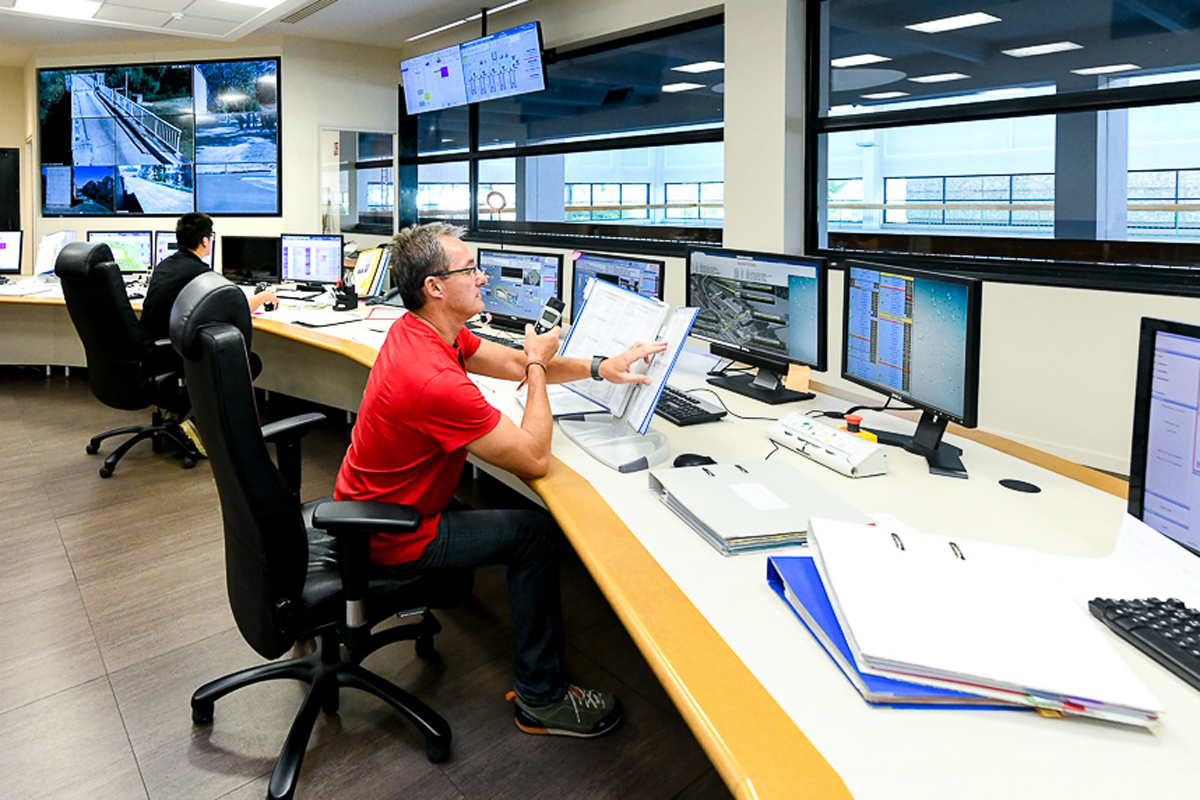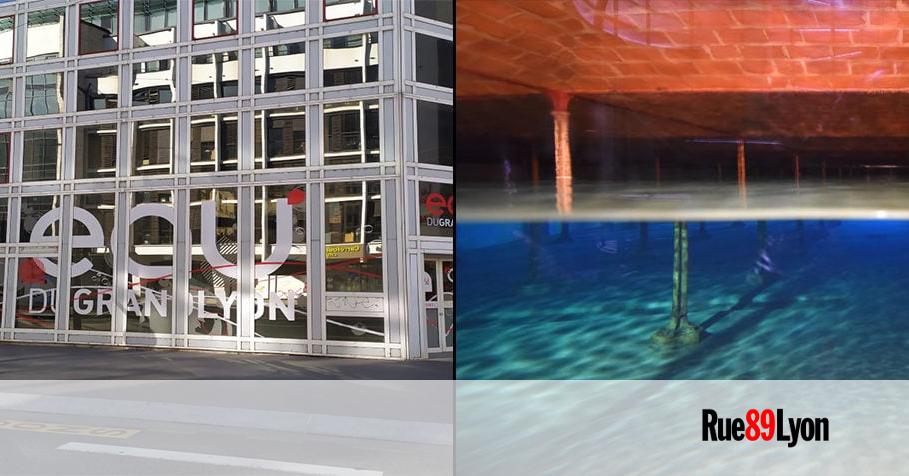Veolia is a leading water, waste, and energy management company, employing nearly 179,000 employees worldwide. Currently, the company is working towards an ecological transformation in the communities that they operate in.
The case study set in Lyon, France, 470 Kilometers south East of Paris where the wholly Veolia owned subsidiary Eau du Grand Lyon (EGL) had won a contract in 2015 to manage water distribution, the entire lifecycle of water to waste treatment in the greater Lyon area.
The company had won the bid to serve the Lyon community by orchestrating an ecosystem of partnerships consisting of businesses and not-for profit organizations.
EGL created the ecosystem by collaborating with the local community, city governance authorities, and economic players throughout the Lyon area. It succeeded in balancing a company’s need to make a profit while contributing to the greater good of an entire community; in other words, a hybrid organization.
why this case?
While many large companies aim for greater common good without tangible output, EGL has succeeded in creating a governance structure that delivered on its promises to help the local communities with numerous initiatives such as job creation, vocational training, digital initiatives, and smart metering to promote water conservation.
The case analyzes the notion of hybrid organization which has a dual performance objective of financial performance as well as social and economic benefits to the community it serves. In particular, the case analyzes:
- The articulation of a business model which aims to create a win-win collaboration between not-for-profit associations and the company.
- The complexity of a hybrid organization; governance and policy processes are different from traditional supplier relationships.
Although the contract between Lyon and EGL will end in 2023, the experience reinvigorated Veolia’s principles of collaboration in the communities that it serves around the world. The experience in Lyon serves as a model for the company to find ways to work towards greater common good.










